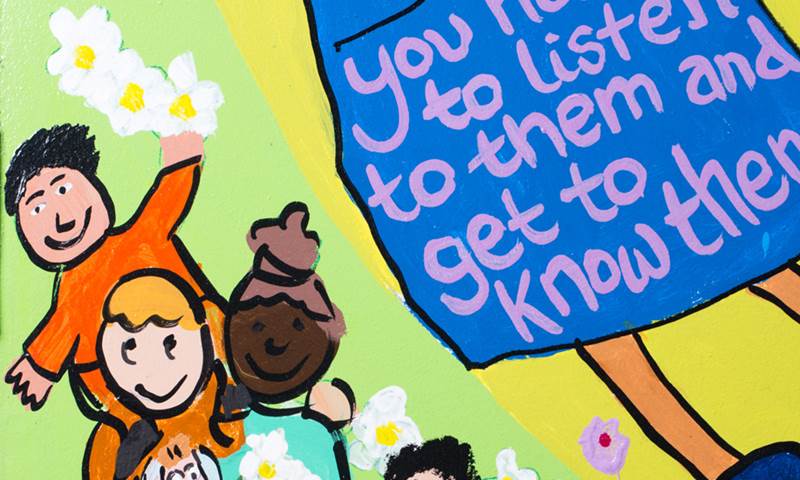Our website uses Cookies - by using this site or closing this message you're agreeing to our Terms & Conditions, Cookie Policy and Privacy Policy
xMitigating learning losses due to COVID-19
Date: 4th September 2020
Category:
Education, Leisure and Cultural Activities

Using data from 164 countries, new research identifies educational strategies put in place around the world to mitigate the impact of extended school closures on children’s learning. It considers the impact of school closures on the most vulnerable children and highlights examples of good practice.
At the height of the COVID-19 crisis, country-wide school closures affected 91% of the world’s learners. One of the main concerns identified in the briefing is the widening attainment gap due to lost learning opportunities and the risk that vulnerable children may not return to school when they re-open.
Some strategies being put in place by countries across the world to mitigate these risks include:
- A condensed curriculum
- Extended school year
- Drop-out prevention initiatives
- Remediation
- Targeted support for vulnerable groups
Lao People’s Democratic Republic, Ghana and Zambia have also prepared mass back-to-school campaigns which will target girls and vulnerable groups who are considered most at risk from not returning to school.
UNICEF has called for countries to prioritise the reopening of schools when safe to do so and hopes the findings will help to inform countries’ approaches to re-opening schools.
Read the research briefing here.
